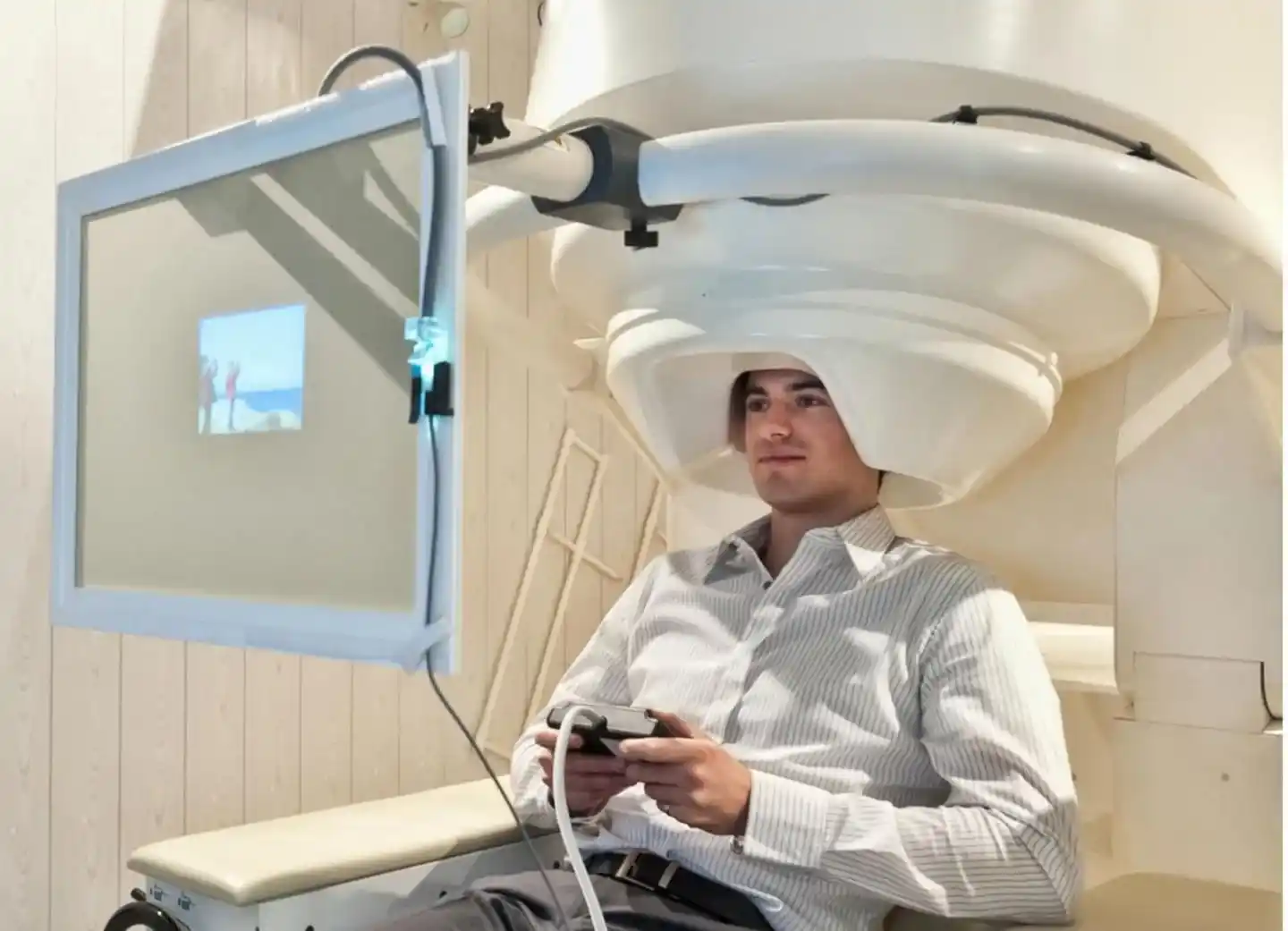Table of Contents
Artificial Intelligence (AI) is making significant strides in the field of radiology, transforming how healthcare providers approach diagnostics and patient care. By integrating Radiology innovations into businesses have the opportunity to improve diagnostic accuracy and streamline operational processes. This integration is not just enhancing medical outcomes but also revolutionizing business models within the healthcare sector.
The integration of radiology innovations enables organizations to transform their approach to healthcare technology, unlocking new opportunities for innovative treatment planning and personalized patient management. According to a report, the global AI in medical imaging market, valued at $0.98 billion in 2023, is projected to soar to approximately $11.76 billion by 2033, demonstrating a robust CAGR of 28.19% during the forecast period.
Radiology is the field of medical science that uses radiation to generate medical imaging, such as X-rays, CT scans, ultrasounds, and MRI images, to detect deformities and tumors. AI algorithms can automatically detect complex anomalous patterns in image data, providing an assistive diagnosis for patients.
Radiology innovations driven by AI are transforming the landscape of healthcare, offering unprecedented accuracy, efficiency, and personalized care.
Understanding the Benefits of Radiology Innovations
AI transforms diagnostic processes and significantly boosts efficiency. Understanding the benefits of AI in radiology highlights these improvements. Let us look at the key advantages in detail below:
1. Enhanced Efficiency and Speed
- Integrating artificial intelligence into radiology significantly reduces the time required for diagnostic processes, enhancing overall efficiency.
- With faster image processing and analysis, AI in radiology also lightens the workload for radiologists. This ensures quick, precise results, improving overall patient care.
2. Cost Reduction
- AI technologies streamline radiological operations, leading to significant cost savings.
- By automating repetitive tasks and reducing the need for repeat scans, AI in radiology lowers operational costs and enhances resource allocation.
- Hospitals and clinics can benefit from reduced financial burdens, improving overall healthcare access.
3. Improved Patient Outcomes
- AI significantly enhances diagnostic precision, directly improving patient health outcomes.
- AI integration in radiology facilitates earlier and more accurate diagnoses, enabling more effective treatment planning.
- This leads to faster recovery times and fewer complications, resulting in better patient care and satisfaction.
4. Advanced Research Capabilities
- AI opens new frontiers in radiological research, enhancing the development of novel diagnostic techniques. With AI implementation in radiology software, researchers can access more precise data faster.
- This capability accelerates the innovation of new diagnostic methods and tools, improving the understanding of complex medical conditions and significantly advancing the field of radiology.
AI-Driven Radiology Innovations Use Cases
AI transforms the way radiologists approach imaging and diagnostics. The integration of AI technology in radiology enables more precise and rapid identification of medical conditions, facilitating early intervention and tailored treatment plans, significantly enhancing patient care outcomes.
Breast Cancer Screening
- AI technologies significantly enhance breast cancer screening through precise analysis.
- AI systems analyze mammograms more accurately than traditional methods, detecting early signs of cancer.
- This accuracy ensures timely interventions, potentially saving lives by identifying tumors before they spread.
- AI also reduces false positives and negatives, lowering patient anxiety and unnecessary procedures.
- These advancements demonstrate AI’s critical role in improving healthcare outcomes and exemplify the profound impact of technology in diagnosing critical conditions accurately and efficiently.
Neurological Imaging
- Neurological imaging is an area where AI has had a transformative impact.
- Deep learning algorithms enable AI systems to efficiently analyze brain scans, speeding up the detection of abnormalities such as tumors or strokes.
- This technology not only improves diagnostic accuracy but also enhances the speed of interpretation, allowing quicker patient management.

- AI is instrumental in identifying subtle changes in brain structure that might indicate early stages of diseases like Alzheimer’s or Parkinson’s.
- By automating the analysis of neurological images, AI supports more precise diagnostics, advancing the field of neurology.
Cardiac Imaging Enhancement
- Cardiac imaging benefits significantly from AI-driven precision enhancements.
- AI radiology solutions enable more accurate detection and analysis of heart-related anomalies, improving diagnostic processes.
- These advanced technologies identify subtle changes in cardiac structures that might be overlooked in standard evaluations, allowing for early intervention and management of cardiac conditions.
- AI assists in the detailed visualization of blood flow and heart function, offering invaluable insights for treatment planning and supporting cardiologists in making informed decisions regarding interventions and surgeries.
- The integration of AI into cardiac imaging enhances diagnostic accuracy and optimizes overall workflow, leading to better patient outcomes and more efficient healthcare delivery.
Conclusion
The integration of AI in radiology represents a significant leap forward in medical imaging, revolutionizing diagnostics and patient care. From enhancing the precision of breast cancer screenings and neurological imaging to improving the efficiency of emergency and pediatric radiology, AI-driven radiology innovations are transforming healthcare delivery.
The continuous monitoring of chronic conditions and the streamlining of radiology reporting further underscores the profound impact of AI in this field.
As AI continues to evolve, it will unlock new possibilities and set new standards in radiology, driving improved patient outcomes and operational efficiencies. Embracing these radiology innovations is essential for advancing healthcare and ensuring patients receive the most accurate and effective care possible.





